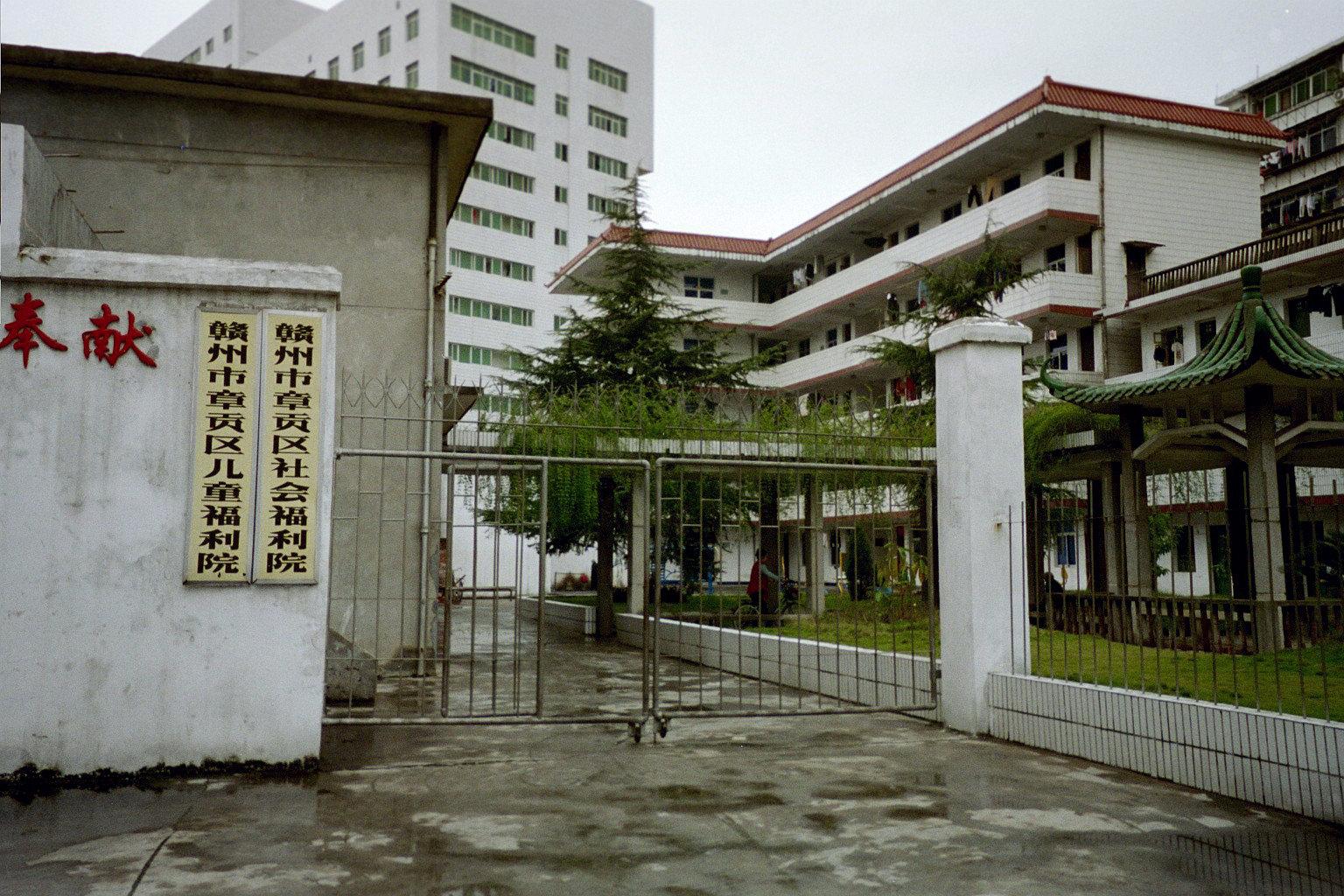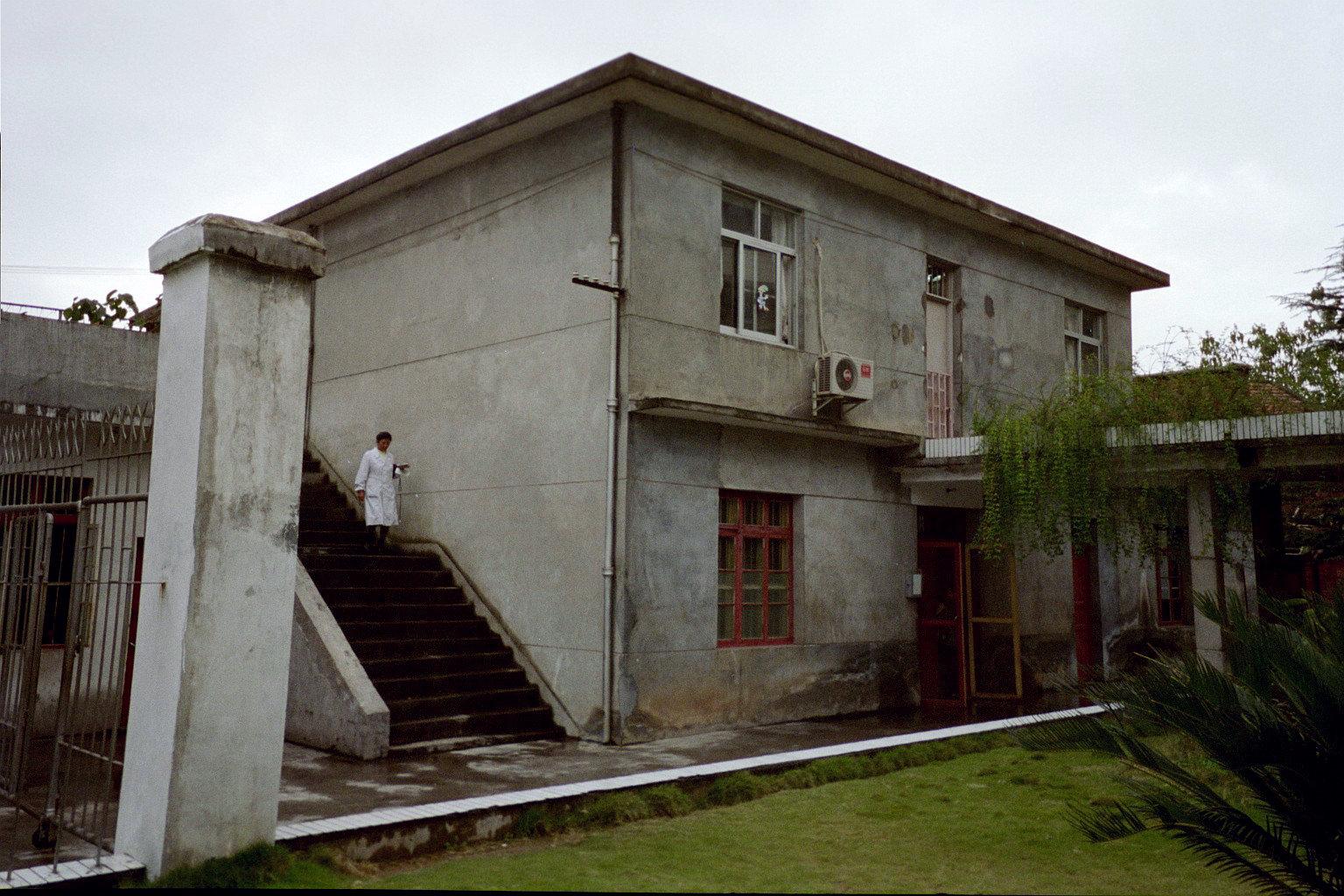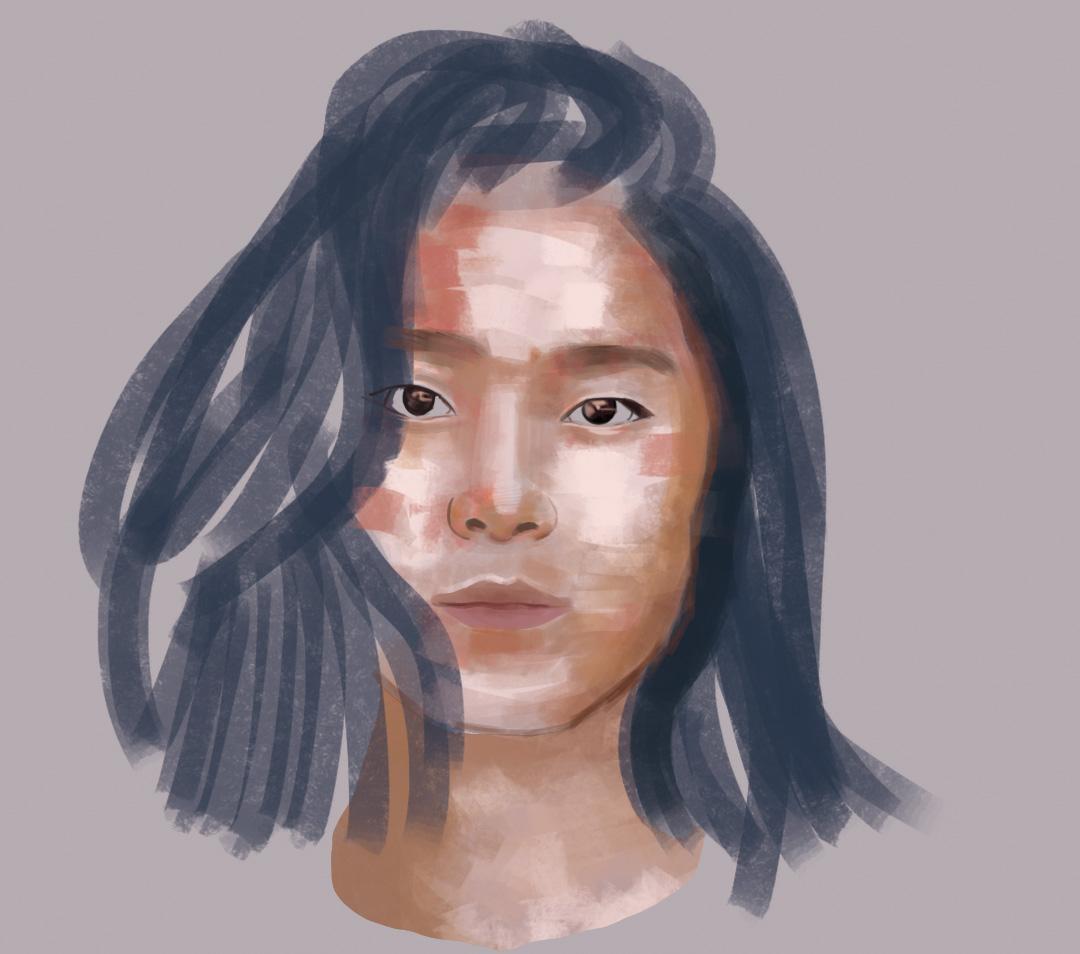I could share a story about being born in China or why my parents said they adopted me and how wonderful it was for them to help a child in need. And while those experiences are crucial aspects of adoption, neither will tell you what happens after the papers are filed, when the room is painted yellow, or the sign-ups for summer camps begin.
Adoption is something that has always been a part of me, at times small and insignificant, but also loud, the driving force that caused a disconnect between the rest of the world and me.
I could explain the beginning stages of coming to California at 13 months old, but it doesn’t tell you about the way adoption has shaped who I am today. So I’ll begin with when I first acknowledged its presence.

There was moisture that ran down my face, tears that flowed from my eyes as I pressed my face into my mother’s shoulder. I was seven that summer, and the warm sunlight cast rays onto the front porch. I could feel my mother shake as she tried to understand for me the events I couldn’t.
They weren’t tears of anger or sadness, but rather a lack of understanding. I didn’t understand why I was placed at the doorstep of an orphanage all those years ago or why I felt different.
In family portraits, I recognized from a young age that I looked different. I wasn’t fair-skinned like the rest of my family; rather, I was tan with jet-black hair. And those details, though seemingly minor and unimportant, affected the way I perceived myself.
A part of me didn’t feel Asian enough because I lacked the cultural roots, and yet I couldn’t consider myself equal within the white community. This conflict between heritage and culture continued throughout those years and tainted my adolescence.
Maybe those feelings of disconnect were caused by my peers being confused by my inability to speak Chinese or maybe the familiar isolation grew by jeers, “You’re not truly Asian.” But I remember how it nagged at me, and I began to pull away from my Asian heritage, hoping that it might allow me to feel more accepted by the white community.
At the time, I hadn’t yet reconnected with my heritage nor was I thinking much of the distance that was being formed, perhaps out of fear that since I was surrounded by white culture, learning about the place where I was born would pull me away from the society in which I strived for acceptance. But in the fifth grade I was given a book about ancient China, and the stories I read inspired me to understand my roots.

During the next few years, I learned more about Chinese culture and its contemporary history which ultimately lead to the one-child policy that was enforced from 1979 to 2015. Although Mao Zedong, leader of China from 1949 to 1976, once encouraged his nation to produce large families, concerns regarding overpopulation resulted in the reversal of this policy. Families were only permitted to have one child. Consequently, many children were left on the streets with the hope that someone would bring them to a new life, perhaps a better one.
From my research, I developed a sense of closure. I wasn’t alone in being adopted, but rather part of a much larger community. And as I gained a stronger sense of self, the fact that I was adopted began to recede to the background of my persona, because I realized that being adopted wasn’t the only thing that defined me. I took part in sports, arts and hobbies where I saw that my passions shaped who I was and what I hoped to achieve.
Last year, I began to reconcile with the way that my adoptive roots affected my mental health. I reflected on the role my adoption played in shaping the person I am today. Being adopted gave me a window to the culture I was born into while the household I grew up in became the light that guided me through this internal conflict.
Today, I understand that being left on the doorstep of an orphanage gave me a chance to see more of the world than I otherwise would have. Though I may not have a strong connection to Chinese culture or feel like part of the white community completely, I’ve stopped forcing myself to conform to the definitions dictated by society. Today, I know that I will never be able to part with my heritage, nor can I ignore the culture I have been raised to know. Today, I am the sum of both worlds.

